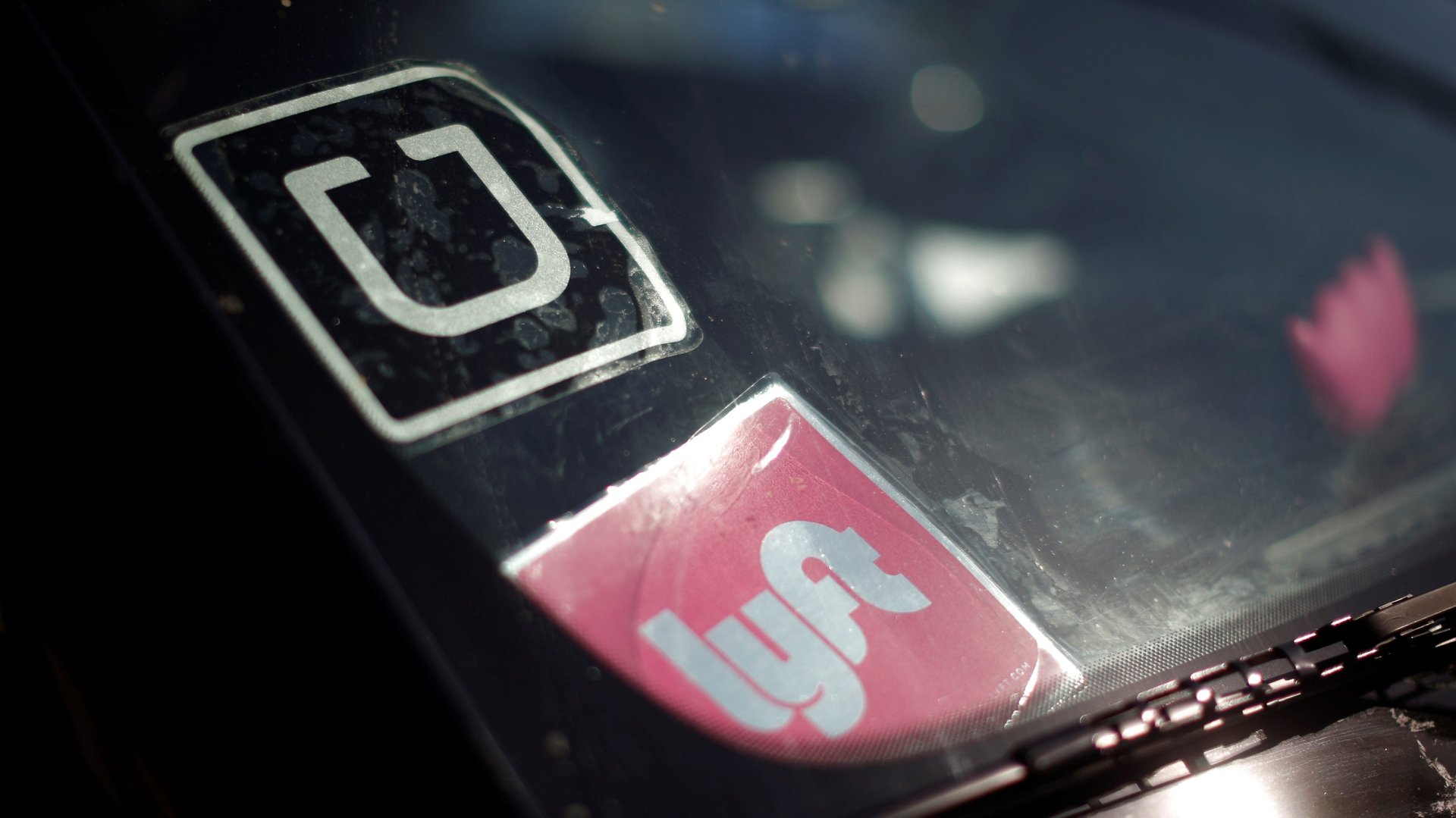Gig economy workers injured on the job should get workers’ comp protections
“On demand” or “gig economy” jobs are among the most dangerous jobs in the United States. Many on-demand businesses, however, have figured out how to avoid responsibility for worker safety and workers’ compensation—simply by labeling their workers as “independent contractors” who are supposedly in business for themselves. That’s just wrong—these workers can be and should be covered by workers’ comp.


“On demand” or “gig economy” jobs are among the most dangerous jobs in the United States. Many on-demand businesses, however, have figured out how to avoid responsibility for worker safety and workers’ compensation—simply by labeling their workers as “independent contractors” who are supposedly in business for themselves. That’s just wrong—these workers can be and should be covered by workers’ comp.
On-demand workers in transportation, delivery, and domestic work perform hazardous jobs. Take the for-hire transportation industry, for example—the largest segment of on-demand work. It’s a very hazardous industry. Taxi drivers and chauffeurs are killed on the job at a rate five times higher than the average for all workers. In fact, they are among the highest risk of all occupations of being killed by workplace violence and motor vehicle accidents.
Yet, most on-demand drivers—such as Uber drivers—have no workers’ compensation protection if they are injured or attacked. Unlike other employers, Uber doesn’t carry workers’ compensation for its drivers. Its drivers are left on their own to deal with steep medical bills and lost time from a work-related injury, like one Uber driver who was the victim of a violent passenger attack—he suffered a broken nose and puncture wounds to the mouth and chin from a sharp object—and missed many months of work as a result. It’s an enormous burden to put on workers and their families.
That’s why the American workers’ compensation system was created more than a hundred years ago. The basic principle of workers’ compensation is that employers assume responsibility for providing insurance that pays out certain benefits, without regard to fault, to workers injured on the job. In return, employers are protected from personal injury or other liability for workplace injuries and illnesses. Workers’ compensation benefits include medical care, rehabilitation, and reimbursement for lost wages for work-related injuries.
Many on-demand companies do not pay workers’ compensation for their workers because they classify them as independent contractors. Businesses are not required to carry workers’ compensation for persons who are not their employees. Companies that label their workers in this way avoid paying premiums associated with workers’ compensation and pass on the cost of injuries to workers themselves and the general public. The practice presents real costs to the workers hired by these companies, creates an uneven playing field for competitors who treat their workers as employees, and shifts the cost of work-related injuries and deaths to the public at large.
Yet, workers in job structures similar to those typical of the on-demand economy are covered by workers’ compensation. For example, labor intermediaries like staffing agencies must carry workers’ compensation policies to workers they dispatch to other physical locations. Moreover, some state agencies have already moved to explicitly clarify that taxi drivers, even those not considered employees, must be covered by workers’ compensation.
It is possible and indeed necessary to cover on-demand workers under state workers’ compensation systems. State legislatures can take action to clarify that on-demand companies are obligated to provide workers’ compensation to their workers. In New York State, the New York Black Car Fund provides a good model for coverage of on-demand workers in a state workers’ compensation system. The job-related dangers to which these workers are exposed makes it critical that they be covered by these important protections.